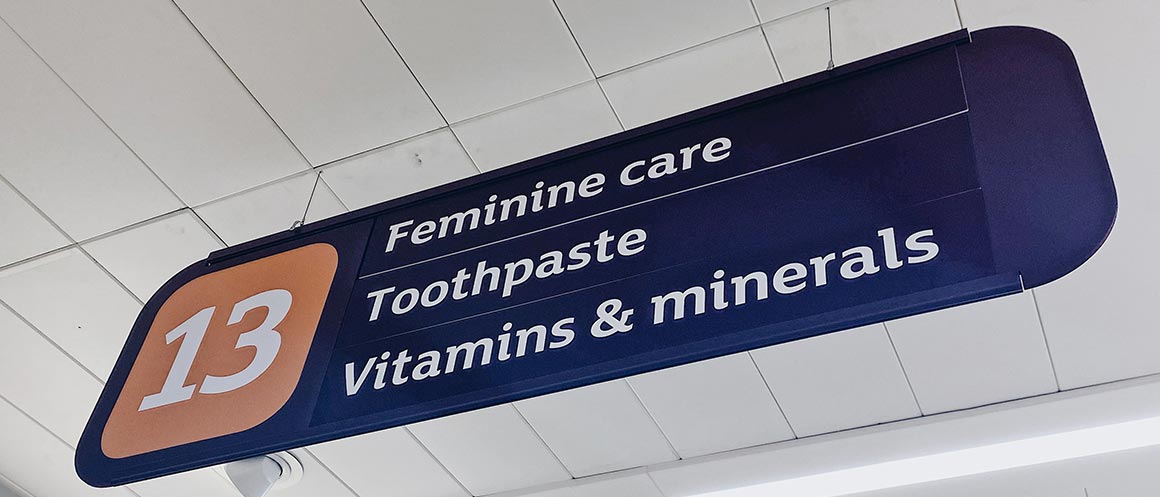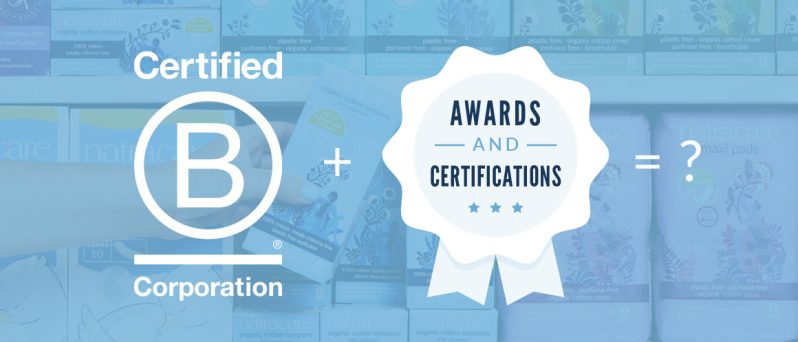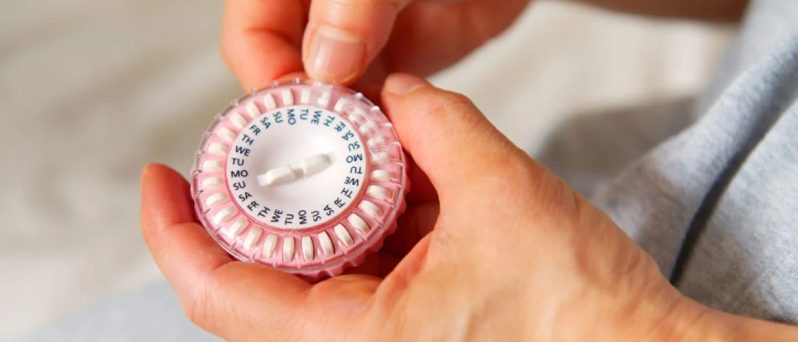Recently we’ve seen the fall of the tampon tax in the United Kingdom and Germany, which labelled period products as luxury items. Another big shift in the world of periods is the growing trend of consumers wanting their period products to be natural and sustainable.
Lots of positive change is occurring – but what about the stigmatising terms ‘sanitary products’ and ‘feminine hygiene’? Why do these product categories persist in the shops and online? Our guest, Natasha Richardson from Forage Botanicals, looks into the history of these outdated terms – and explains why they need ditching in 2020.
Sanitary products – what is unsanitary about a period?
After the First World War there was a huge surplus of wound dressings left over, so rather than waste them, Kotex (then Kimberly-Clark) decided to repurpose them. They had the idea of selling them to women* for their periods, and thus began the first affordable, disposable menstrual pad company in America. Hygiene and the prevention of germs were high on the agenda in the early 20th century as germ theory started to take hold. Blood from war wounds was seen as dangerous and unhygienic, as often these wounds would become infected. And so, menstrual blood was painted with the same brush.
Blood loss as weakness
Menstruation is one of very few times in life when someone loses blood without being injured. While loss of blood normally occurs alongside a blow to health, this isn’t the case with menstruation. Despite this, though, having a period has still been considered a weakness throughout history, and women have been dubbed ‘the weaker sex’ because of their physicality. Menstruation has long been used to evidence the inferiority of women, and it wasn’t until World War Two that this was seriously challenged.
During the first half of the 20th century, menstruation was seen as a physical disability we endured each month and was often described as a ‘condition’. However, some insisted that menstruation was not a disease and the term ‘functional periodicity’ – the ability to function normally during menstruation – was coined as an alternative.
Effective Protection
Your period shouldn’t stand in your way. With Natracare period products, you can enjoy your day without fear of leaks!
Find out more
Women at Work
When men were shipped out to fight in WWII, there were so many gaps in the workforce that women were welcomed in. But not without some concerns. It was assumed heavy manual labour simply wouldn’t be possible for women to do (a theory they proved wrong!). It was also assumed that women’s erratic and illogical nature, especially whilst on their periods, would make them unreliable candidates for jobs like flying aircrafts.
Women filled an important gap in working life while men were at war and quickly became essential to the smooth running of industry. New, slim, easily concealed and absorbent so-called ‘sanitary products’ allowed a woman to hide their blood and “feign their non-menstruating body… [enabling them to] avoid presumptions of instability”.
Problematic Language
It’s clear that the terms ‘feminine hygiene’ and ‘sanitary products’ are seated in an outdated, bigoted belief that periods make people who menstruate inferior and dirty. In 2020, we understand these terms are problematic for multiple reasons:
- They don’t acknowledge the fact that it’s not just feminine people who have periods. The term ‘feminine hygiene’ can be triggering of gender dysphoria for trans and non-binary people who aren’t feminine and still have periods.
- The use of the word ‘feminine’ suggests you need to have a period to be ‘feminine’, when trans women and plenty of cis women don’t have periods.
This lazy and outdated use of language has to be changed. Prejudices towards menstruating people of all genders and taboos around bleeding continue to ripple through society in subtle yet significant ways, and affect people’s self-esteem and quality of life.
*The use of the term ‘women’ throughout this blog refers to the history of the marketing of menstrual products, which has historically focused on speaking to cis women. We respect that trans and non-binary people have always existed – and have always had periods!
If you’d like to be rid of the terms ‘feminine hygiene’ and ‘sanitary products’ too, you can sign our Rename Dont Shame petition here.
About Natasha Richardson
Natasha Richardson is a medical herbalist, academic and author of Your Period Handbook. She ran a successful hormone health clinic for over 10 years before launching her natural range of herbals for menstrual health. She is currently studying for her Masters degree at Oxford University where she is researching the links between design & environment and the female body.









